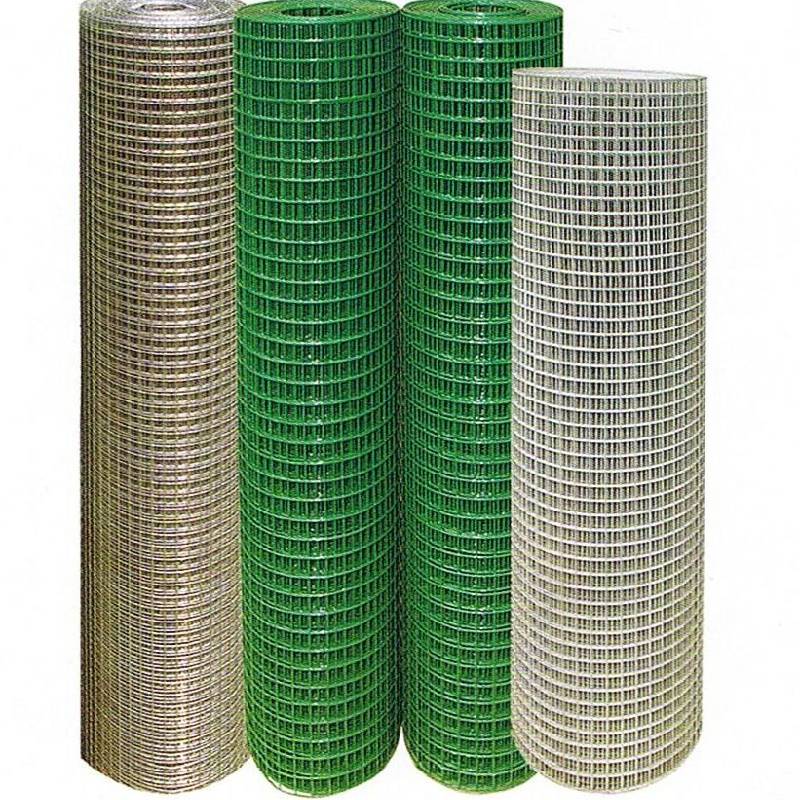
- Mobile Phone
- +8613931874955
- sales@cntcmetal.com
Durable Coated Tomato Cages for Enhanced Plant Support and Growth
The Benefits of Coated Tomato Cages A Gardener’s Best Friend
Gardening is a delightful endeavor that allows individuals to connect with nature while growing their own food. For many, tomatoes are a staple crop, but cultivating tomatoes can sometimes come with challenges, particularly when it comes to supporting the plants. This is where coated tomato cages come into play, providing both functionality and aesthetics in the garden.
Understanding Tomato Cages
Tomato cages are essential tools for supporting tomato plants as they grow. These structures help keep the plants upright, promote air circulation, and reduce the risk of disease by preventing excessive moisture on the leaves. Without sufficient support, tomato plants can become sprawling, leading to bruising of the fruit and making the harvest more difficult.
Coated Tomato Cages An Overview
Coated tomato cages are typically made from sturdy materials like steel or wrought iron but come with a protective coating, often made of vinyl or powder. This coating serves multiple purposes, making these cages a popular choice among gardeners. The coating not only enhances durability but also provides a visually appealing finish, available in a variety of colors to suit different garden aesthetics.
Advantages of Coated Tomato Cages
1. Durability and Longevity
The coating on these tomato cages offers great protection against rust and corrosion, which is particularly useful if you live in an area with high humidity or frequent rainfall. This durability ensures that you won’t have to replace your cages every few seasons; a high-quality coated cage can last for years, making it a worthwhile investment in your gardening arsenal.
coated tomato cages

Coated tomato cages are generally lighter than their non-coated counterparts. This feature makes them easy to handle during installation, adjustments, and removal at the end of the growing season. The smooth surface of the coated cages also minimizes the chances of scratching or injuring your hands during setup or harvest time.
3. Enhanced Aesthetic Appeal
One significant advantage of coated tomato cages is their aesthetic quality. The vibrant colors and sleek finishes can add a decorative flair to your garden or patio. You can choose cages that either blend harmoniously with the garden setting or stand out as decorative features. This visual appeal can enhance the overall ambiance of your gardening space, making it more inviting and enjoyable.
4. Better Plant Support
Coated tomato cages often feature sturdy construction that provides excellent support. Unlike weaker materials that may bend or break under the weight of a mature tomato plant, coated cages maintain their shape, ensuring your plants remain upright. This support enables better growing conditions, leading to healthier plants and often a more abundant harvest.
5. Easy Cleaning
At the end of the growing season, you’ll want to clean your tomato cages to prevent any diseases from lingering in the garden bed. Coated cages are generally easier to clean than bare metal ones, as the smooth surface does not allow dirt and debris to cling as easily. A simple rinse with water is often sufficient, allowing you to store them away for next season with minimal hassle.
Choosing the Right Coated Tomato Cages
When selecting the best coated tomato cages for your garden, consider the type of tomatoes you plan to grow. Determinate varieties, which grow to a fixed height, may require shorter cages, while indeterminate varieties, with their tendency to grow taller and produce fruit throughout the season, will benefit from taller cages. Additionally, consider the gauge of the wire; heavier gauge options provide more support for larger plants.
In conclusion, coated tomato cages are a gardener's best friend, blending practicality with aesthetic appeal. Their durability, ease of use, and enhanced support make them an invaluable tool for growing healthy tomato plants. By investing in high-quality coated cages, you can enjoy a bountiful harvest while keeping your garden looking beautiful. So, as you plan for your next gardening season, consider adding these fantastic tools to your collection. Your tomato plants—and your garden—will thank you!
share:
-
Creative Ways to Decorate Your Tomato CageNewsAug.22,2025
-
Common Mistakes When Installing Brick Wall TiesNewsAug.22,2025
-
Customizing Conical Springs for Aerospace ApplicationsNewsAug.22,2025
-
Galvanized Tie Wire for Binding PipesNewsAug.22,2025
-
Environmental Impact of Using Snake Spacers in PlumbingNewsAug.22,2025
-
Sacrificial Formwork Systems for Complex StructuresNewsAug.22,2025
-
Wall Ties for Concrete: Invisible Guardians of Building Structural StabilityNewsAug.08,2025
